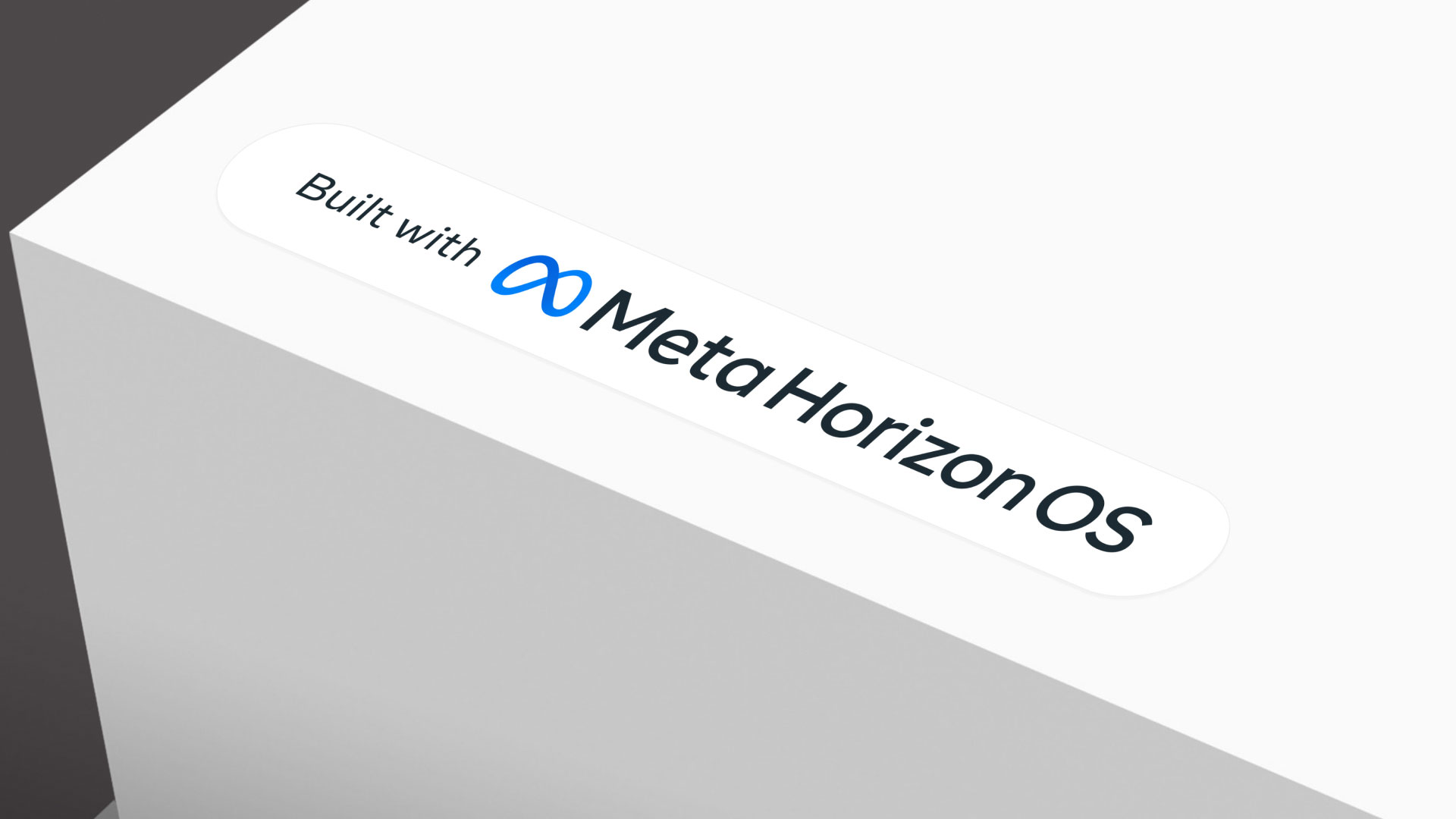Meta is taking a significant step towards expanding its mixed reality platform by opening up the operating system used in Meta Quest devices to third-party hardware manufacturers. This move is designed to foster a larger ecosystem for developers and offer more choice to consumers. By making its mixed reality operating system, Meta Horizon OS, available to other companies, Meta aims to replicate the widespread adoption seen with PC and smartphone platforms.
Meta Horizon OS has been developed over the last decade as part of Meta’s efforts to lead in standalone mixed reality headsets and advanced user interaction technologies, including hand, eye, face, and body tracking. These technologies are integral to enhancing social presence and natural interactions within the digital environment. The operating system, which is built upon the foundational technology of the Android Open Source Project, now offers a comprehensive suite of mixed reality tools and will be powering not only Meta Quest headsets but also new devices from global tech leaders such as ASUS, Lenovo, and in collaboration with Xbox.
In terms of hardware, ASUS’s Republic of Gamers is set to develop a high-performance gaming headset, while Lenovo will use its expertise to create mixed reality devices tailored for productivity, learning, and entertainment. Additionally, an exciting collaboration between Xbox and Meta will produce a limited-edition Meta Quest headset, inspired by Xbox gaming.
The expansion of the Meta Horizon OS ecosystem includes more than just hardware diversity; it also involves significant enhancements to the app development landscape. Meta is simplifying the process for developers to offer their apps through the Meta Horizon Store by integrating App Lab more closely with the main store platform. This integration will provide developers easier access to a broader audience and facilitate the discovery of new apps.
Moreover, Meta is introducing a spatial app framework to assist mobile developers in transitioning their applications to mixed reality or in developing entirely new mixed reality experiences. This framework is designed to be compatible with the tools developers are already using for mobile app creation.
Overall, Meta’s initiatives aim to democratize the development and use of mixed reality technologies, making these advanced tools accessible to a broader range of developers and consumers. By collaborating with other leading technology firms and opening up its platform, Meta is poised to enhance the capabilities and reach of its mixed reality offerings.

